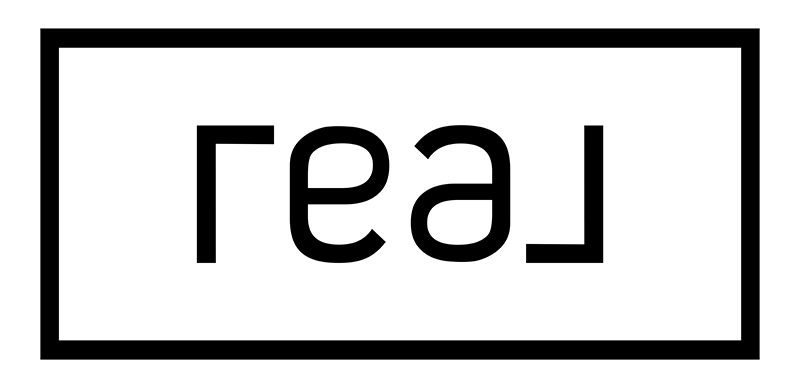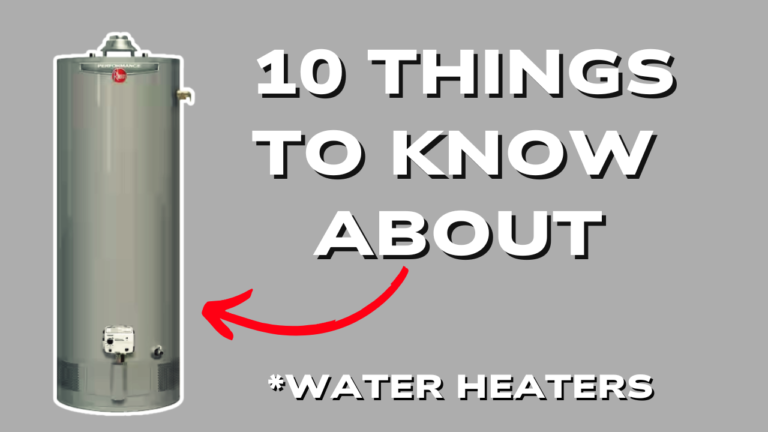Most homeowners pay little attention to their water heater until it fails, usually at the most inconvenient time possible. This essential appliance works silently in the background, providing comfort through hot showers and clean dishes. Yet it harbors several secrets that could save you money, extend its lifespan, and even prevent dangerous situations.
1. Sediment Buildup Is Silently Killing Efficiency
Over time, minerals from your water supply settle at the bottom of your tank. This sediment layer forces your water heater to work harder, consuming more energy and shortening its lifespan. Most homeowners have no idea that periodic flushing (recommended annually) can prevent this issue from years of accumulated sediment that’s been heating your water inefficiently.
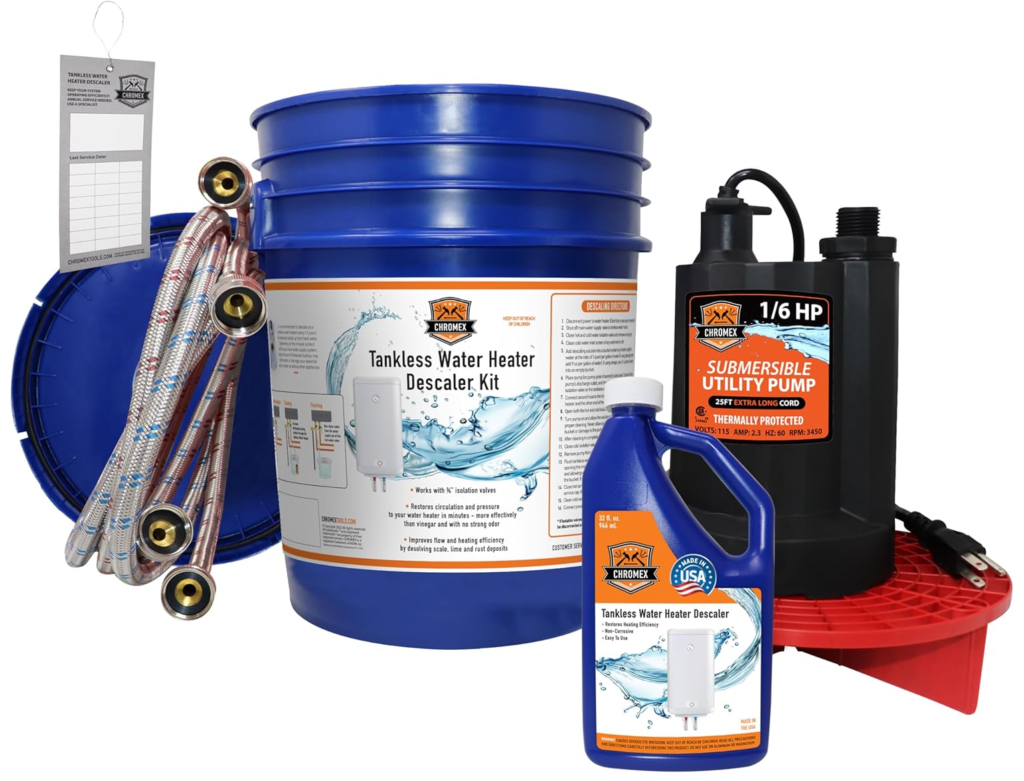
EXAMPLE: Chromex Tankless Water Heater Flush Kit with Certified Liquid Descaling Solution and 1/6HP Extra Strength Pump
2. The Temperature Setting Is More Critical Than You Think
Many water heaters come preset from the factory at 140°F (60°C), which is unnecessarily high for most households. Lowering your temperature to 120°F (49°C) can:
- Reduce energy consumption by 4-22%
- Prevent scalding accidents, especially for children or elderly residents
- Slow mineral buildup and corrosion
- Extend your water heater’s lifespan
Each 10°F reduction can save approximately 3-5% on your water heating costs.
3. The Anode Rod Is Your Water Heater’s Unsung Hero
This seemingly simple metal rod prevents your tank from rusting from the inside out. The sacrificial anode rod (typically made of magnesium or aluminum) corrodes in place of your tank’s steel lining. Most homeowners have never heard of it, yet replacing this $20-40 part every 3-5 years might double your water heater’s lifespan. When the rod becomes too corroded (less than 1/2 inch of core wire visible), it’s time for replacement.
EXAMPLE: Powered Anode Rod for Water Heater, 20-Year Warranty, Eliminates Rotten Egg/Sulfur Smell within 24 hours, Stops Corrosion and Reduces Limescale, Electrical Anode Rod Made of Titanium
(Click image to see more info)
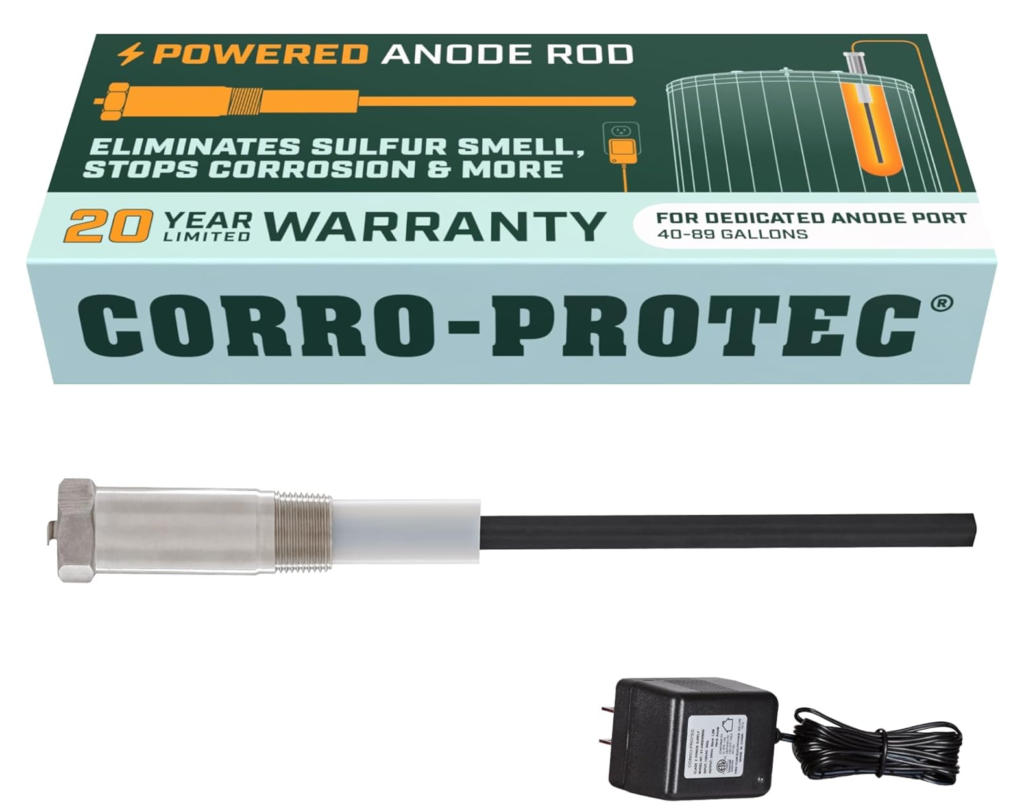
4. Your Water Heater Has an Expiration Date
The average lifespan of a standard tank water heater is 8-12 years. Tankless models typically last 20+ years. However, many homeowners expect their units to function indefinitely without maintenance. Check your unit’s manufacture date (usually on the serial number sticker) and begin planning for replacement when it approaches the decade mark. Proactively replacing an aging unit prevents the catastrophic flooding that occurs when tanks fail.
5. Pressure Relief Valves Need Regular Testing
The temperature and pressure relief valve (T&P valve) is a critical safety device that prevents your water heater from becoming a bomb. When pressure builds to dangerous levels, this valve releases water to reduce pressure. Testing is simple: lift the valve’s test lever for a few seconds, allowing some water to discharge, then release. Water should flow freely when lifted and stop completely when released. If it doesn’t, replacement is necessary immediately. Most homeowners never test this vital safety component.
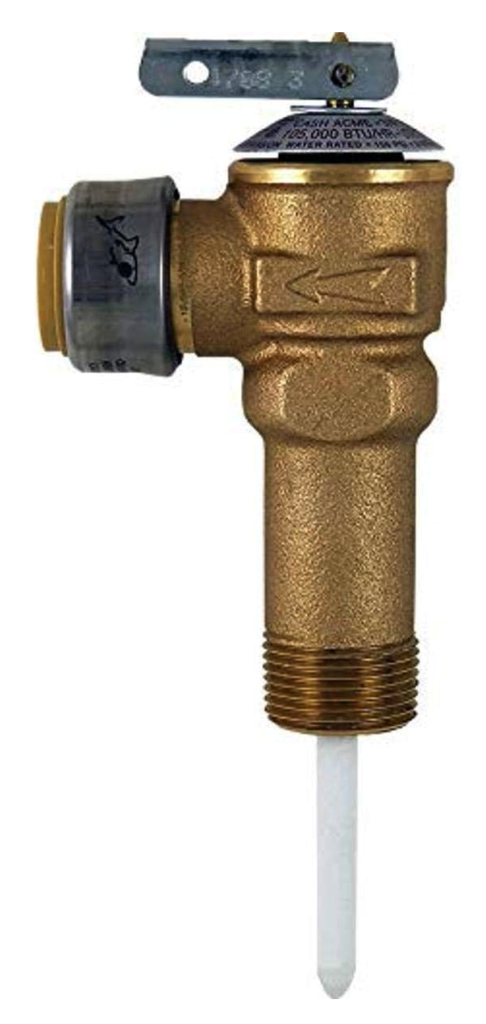
EXAMPLE: Temperature and Pressure Relief Valve
(Click image to see more info)
6. The Expansion Tank: The Accessory You Might Need
Modern plumbing systems with check valves or pressure-reducing valves create “closed systems” where thermal expansion has nowhere to go as water heats. This can lead to excessive pressure, reduced heater lifespan, and even dangerous conditions. An expansion tank provides space for this expanded water, preventing pressure buildup. Many local building codes now require them, yet numerous older homes lack this inexpensive safety feature.
7. Hard Water Dramatically Shortens Water Heater Life
In areas with hard water (high mineral content), water heaters can fail in half the expected time. Installing a whole-house water softener not only protects your water heater but also your plumbing fixtures, appliances, and even your skin and hair. The investment often pays for itself in extended appliance lifespans alone.
8. Gas Water Heaters Need Proper Ventilation
Gas water heaters produce carbon monoxide (CO), an odorless, colorless gas that can be lethal (read the post about Carbon Monoxide dangers here). Proper ventilation is non-negotiable, yet many homeowners unknowingly block or compromise ventilation systems by storing items too close to the unit. Maintain at least 18 inches of clearance around your gas water heater and ensure the vent pipe remains securely connected. Install carbon monoxide detectors near your water heater and throughout your home.
9. Your Water Heater Is an Energy Hog
Water heating accounts for approximately 18% of home energy use, second only to space heating/cooling. Simple improvements can dramatically reduce this consumption:
- Adding an insulating blanket might reduce standby heat loss by 25-45%
- Insulating the first 6 feet of hot water pipes reduces heat loss and allows you to lower the temperature setting
- Scheduling hot water use (dishwasher at night, showers in the morning) maximizes efficiency
- Tankless water heaters can save approximately 24-34% on energy costs for homes using less than 41 gallons daily
10. DIY Repairs Aren’t Always Cheaper
While some maintenance tasks are homeowner-friendly (flushing, checking the anode rod), certain repairs are best left to professionals. Gas water heater repairs involving gas lines, electrical work on electric models, and pressure issues all carry significant safety risks. The money saved on DIY repairs can quickly be overshadowed by hospital bills or home insurance claims when things go wrong.
Bonus: Water Heaters Can Become Makeshift Survival Tools
In emergency situations, your water heater tank holds 40-80 gallons of usable water. Knowing how to safely access this reserve could be invaluable during natural disasters or water supply interruptions. Simply turn off the power/gas, shut off the water inlet valve, and open a hot water faucet somewhere in your home to relieve pressure before draining from the tank’s drain valve.
By understanding these often-overlooked aspects of your water heater, you can save money, extend its useful life, and protect your home from potential disasters. Regular maintenance doesn’t require special skills—just awareness and a few minutes of attention a few times per year.
As your local real estate agent in Irvine, Newport Beach, and of Orange County, I specialize in using digital and modern marketing strategies to showcase homes as a listing agent to my sellers. I put in the work to create engaging content, promote listings with strategic social media campaigns, and ensure properties get the exposure they deserve.

Hiring me means choosing dedicated representation that can give your home a powerful online presence, attracting serious buyers and work toward securing the best possible offers!
Let’s talk about what we can do together.
For you.
For your family.
REFERENCES:
How to Flush a Water Heater
https://www.familyhandyman.com/project/how-to-flush-a-water-heater/
How to Determine the Age of a Water Heater
https://www.waterheaterhub.com/water-heater-age-lookup/
The Department of Energy’s official guidance on optimal water heater temperature settings and energy savings.
https://www.energy.gov/energysaver/water-heating/reduce-hot-water-use-energy-savings
Give Your Gas Appliances a Safety Check up PDF.
https://www.socalgas.com/documents/myaccount/gascompanynews/gcn_2010_05.pdf?utm_source
Hard water calculator: Test your home’s mineral content
https://www.usgs.gov/special-topics/water-science-school/science/hardness-water
Consumer Reports’ water heater buying guide with efficiency comparisons between different models and technologies, including real-world energy consumption data.
https://www.consumerreports.org/appliances/water-heaters/buying-guide/
Energy-efficient water heater comparison tool
https://www.energystar.gov/products/water_heaters
